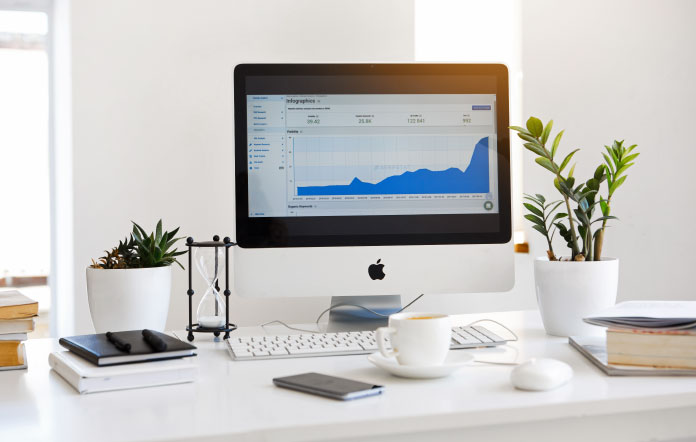Businesses need to collect, evaluate and use data about their customers to solve problems or create new solutions or provide the best customer experience. The introduction of predictive analytics in such companies, through studying customer purchasing behavior, has made them optimistic about the future. Predictive analytics is a mixture of different technologies, such as data mining, statistical modeling, and machine learning, to give retailers more knowledgeable, efficient and cost-saving.
Through addressing customer needs, companies can now personalize the shopping experience. Predictive analysis helps to fully understand consumers, brands, and stakeholders through the evaluation of current data and historical evidence. The new technology collects consumer data in real time for the most outstanding customer experience used for future divine events. Predictive analytics are also used to predict surfing patterns on a consumer website to provide a personalized action on the site. It helps in identifying potential risks and opportunities for the company. Predicted analytical objectives for small businesses and projects or team-based programs can be created on-site or in the cloud.
Repeat helps clients use statistics and modeling to evaluate trending predictive data to categorize clients, change patterns of behavior, change preferences, and more. Machine learning and artificial intelligence help identify and mitigate risks, boost processes, and increase revenue. A mathematical model is developed using data that identifies the necessary patterns that are then used to predict the future on new data and to propose behavior for optimal results. In this controversial era, data-driven predictive models will help companies gain an advantage in delivering products and services to crowded markets. Organizations can easily detect various exercises and cyber attacks, avoiding serious damage.
Forecasting areas such as banking, aerospace, healthcare, automobile, pharmaceutical and manufacturing are now in use. Next Independent Media will use predictive analytics to analyze sensor data from related cars and design algorithms for driver assistance. The technology is used to increase the aircraft’s uptime and reduce support costs. The application of real-time analytics is used to understand the efficiency of subsystems for oil, electricity, surge, mechanical safety and control as well as weather forecasting. Predictive analytics allows financial institutions to create credit risk models. Organizations can now create new consumer feedback or sales and encourage cross-selling events as their most loyal customers are easily created and nurtured.




